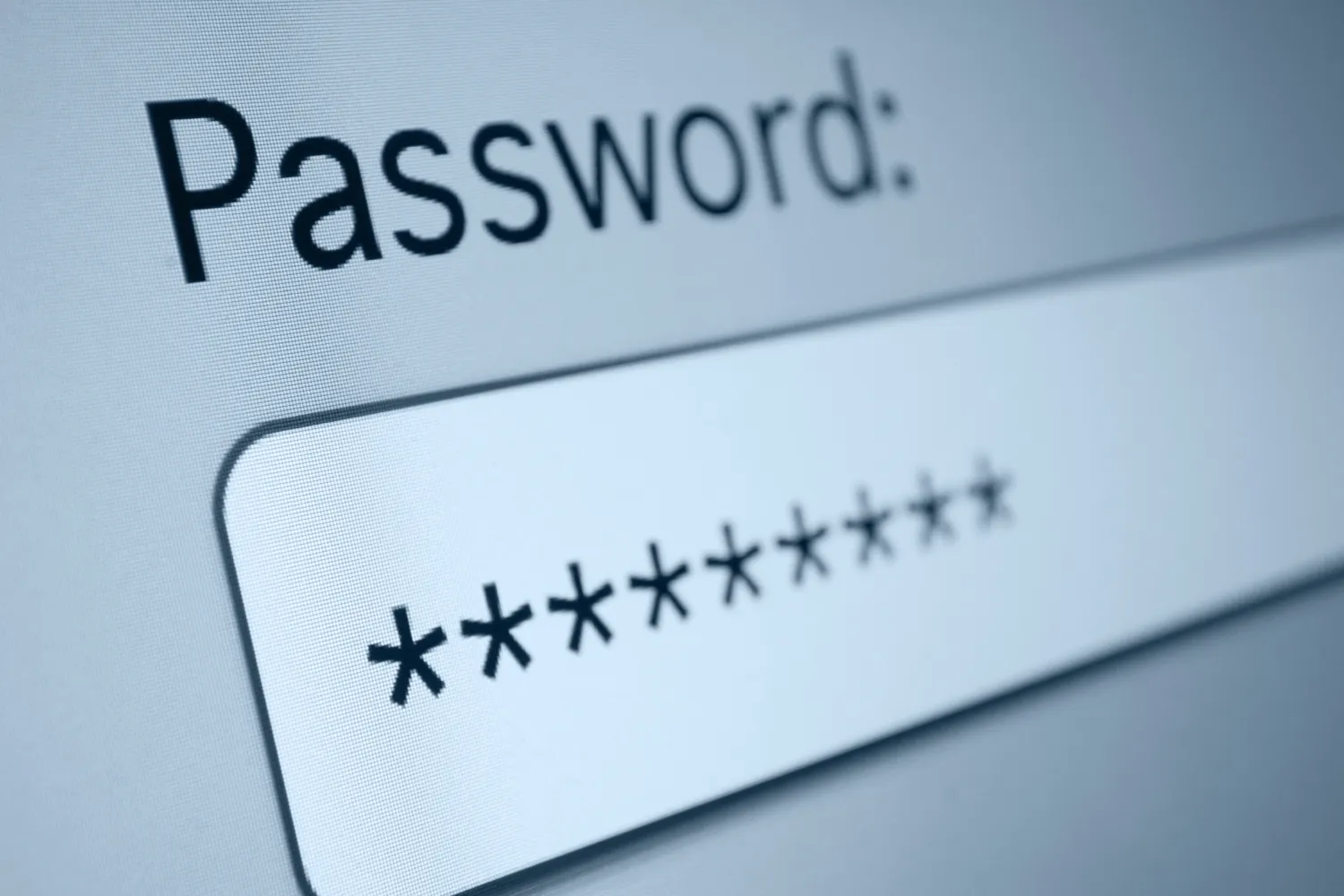Key Takeaways:
- Strong passwords are your first defense. Hackers have many advanced tactics, so reusing passwords or relying on personal info makes their job easier — each account needs a unique, complex password to limit potential damage.
- Randomness and complexity matter. The safest passwords are long, avoid sequences, and combine random words or characters with special symbols, uppercase letters, and numbers — anything that looks like gibberish is likely a good choice.
- Frequent updates and 2FA close the loop. Even the best password isn’t bulletproof forever, so updating it every 90 days and using two-factor authentication adds critical layers of security, especially when paired with tools like custom phone numbers.
Creating strong passwords is a core part of online safety. Hackers and scammers have a long list of ways to get access to your information, many of which are, honestly, kind of impressive. So the last thing you want to do is make it easy for them by using your pet’s name and your birthday as your password for every single account.
Things like ensuring you get a Google verification code or similar two-factor authentication every time you log into your account are important. But a strong password is your frontline defense, so let’s cover the basics.
The 5 Commandments of Password Creation
Before you get started, there are some basic rules of thumb you must obey if you want to create a truly protected password.
1. Thou shalt not use the same password twice.
If a hacker gets into one account, reusing passwords gives them access to the rest.
2. Thou shalt not create a password using personal details.
No pet names, no birthdays, no anniversary dates. Certainly, no social security numbers unless you want to pitch your potential hacker a home run. If you must use real words, use three random words, mix your capitalization, and add numbers and special characters.
- Drip7Candle!39Go
- Fox!92SunsetRun7
- Wave!18Mint9Lamp
- Rock3Echo!Tiger2
- Spine4Jet!88Leaf
3. Thou shalt not create passwords with the minimum possible characters.
Always aim to hit the maximum character count when you’re setting a password. The more variables, the harder it is to guess or hack.
4. Thou shalt not use sequential characters.
Don’t follow the alphabet. Don’t use the numbers 1234 — in fact, don’t use any numbers or letters in order at all. While using three random words is effective, using a totally random jumble of characters is safest.
- L7v!Q9mB2xE@fW3h
- T8$rZ1nVp5M#cX7j
- Y6e@Jq9HtB2#vLm4
- P3g!Xu7KdZ8$rNy1
- M2#rWq5Tj8!LfZv9
Does it look like confusing gibberish? Good. That’s exactly what you want.
5. Thou shalt change the password every 90 days.
Especially for accounts you log into frequently, it’s tempting to keep your password the same forever once you’ve memorized it. Don’t.
Even strong passwords can occasionally be harvested through a website hack or data breach. Changing passwords periodically helps ensure that if someone acquires your password and you aren’t notified, they won’t have access forever.
If you’re worried about losing access to your account, this is where that two-factor authentication we mentioned comes in handy. And if you don’t want those authentication texts clogging up your inbox, use a custom phone number when creating new accounts.
FAQs
How else can I protect my online security?
Keep your account numbers, user names, and passwords secret. Only share your primary email address or messaging username with people you know or with reputable organizations. Avoid listing your address or name on internet directories and job-posting sites.
What happens if your online identity is stolen?
Identity fraud can result in someone using another individual's identity to open a bank account, get a credit card, apply for a passport, or conduct illegal activity. Your identity can be stolen if a thief accesses your personal information, including any document that contains information about you.
How do you get a VPN?
To get a VPN, you'll first need to choose a VPN provider — like Burner VPN — and sign up for a subscription, then download and install their app on your device. After that, you can log in and connect to a server.
Passport To Stronger Passwords
Once a scammer gets into your bank account or accesses enough personal information to start opening up credit cards and otherwise low-key ruining your life … it’s time-consuming, and sometimes, the damage can’t be undone.
The best offense is a good defense. Make sure your passwords are solid and your personal info stays private. Try Burner today to make a scammer’s life harder. Just the way we like it.
Sources:
Top Tips for Staying Secure Online | National Cyber Security Centre




.svg)
.svg)

.svg)
